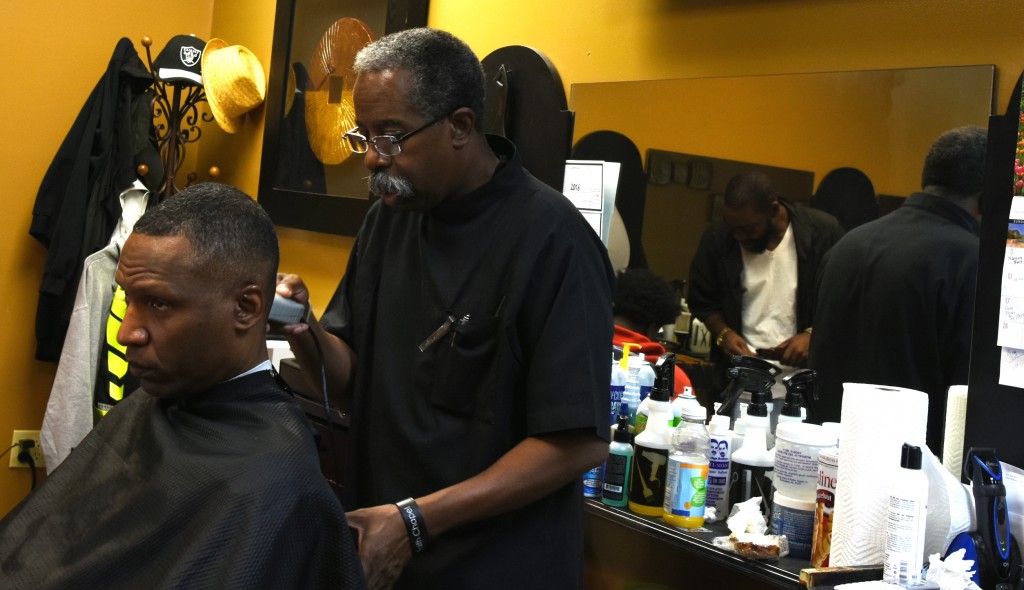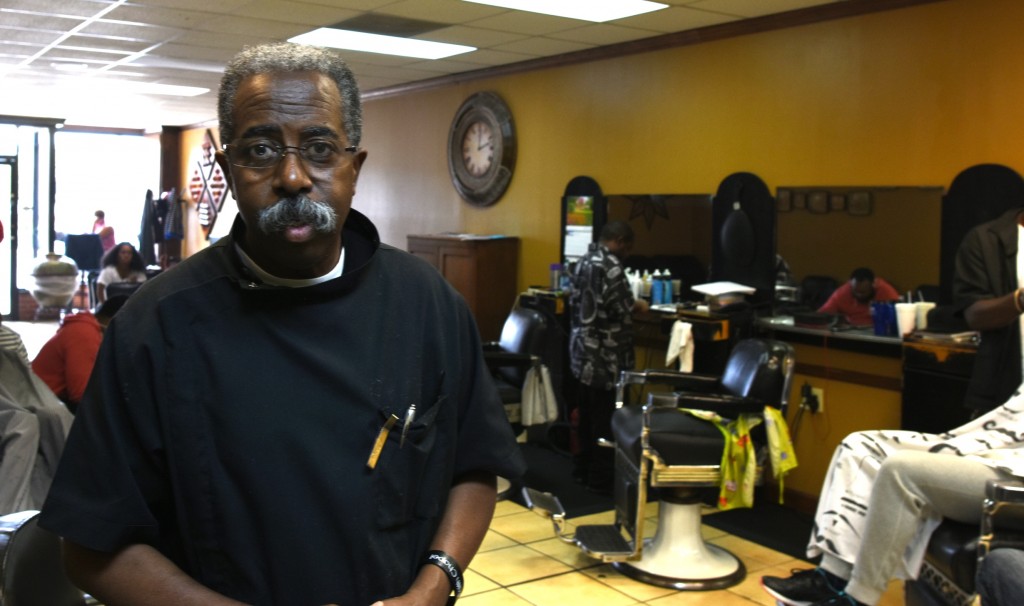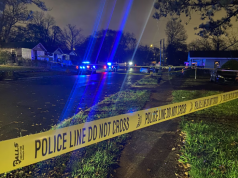
By Barnett Wright
Times staff writer

“LeBron or Steph?” “Hillary or Bernie?”
Whether it’s sports or politics, visitors to any barbershop can be assured that discussions about who will win this year’s NBA title (maybe LeBron James or Steph Curry) or who will be the Democratic nominee for president (Hillary Clinton or Bernie Sanders) are likely to be as intense as—or even more heated than—the playoffs or the primaries.
“I joke with some guys that they can’t talk at home, so they come to the barbershop to talk,” said Willie Etheridge Jr., owner of Etheridge Brothers barbershop in downtown Birmingham. “Some people can’t express themselves on their jobs, but they can come to the barbershop and express themselves.”
“Barbershop: The Next Cut,” the third installment of the popular comedy film series hit theaters last week (April 15), but many say the barbershop’s role in the black community is no laughing matter.
“My father owned a barbershop,” Etheridge said. “When I was younger, I would go to the shop to be around men and understand how a man’s supposed to act, how a father’s supposed to be. That was a blessing for my brother and me.”
The Etheridge Brothers—including Willie Sr. and his five brothers—opened their first shop on Third Avenue North in January 1970 and expanded throughout the city. Currently, the business consists of six shops and three beauty salons that employ nearly three dozen in East Lake, Center Point, West End, and other locations.
“I think the community likes to come to a barbershop,” Etheridge said. “They feel more relaxed. They feel like they can talk and be open. We want to make sure our barbershop is a place where you can bring your wife, or your daughter, or your son.”
According to Quincy T. Mills, a history professor at Vassar College and author of “Cutting Along the Color Line: Black Barbers and Barber Shops in America,” the origins of the shops and beauty salons can be traced back to the early 18th century. On plantations, enslaved men and women served as barbers and hairstylists for their fellow slaves, grooming them on Sunday mornings—their only leisure time—to look their best for the day’s church services.
Early barbershops were essentially the original black-owned businesses. Free and enslaved African-Americans hired out by their masters “seized the opportunity to become entrepreneurs in an industry void of white competition, with minimal startup costs and significant profit potential,” Mills writes.
In many communities, black barbershops eventually became anchor businesses. Barbers rented out chairs in their shops to other stylists. Street vendors stopped by to sell their goods.

The barbershop became a central gathering place, where people could bond to discuss the latest news, styles, music—and maybe even find a spouse.
Etheridge said, “I’ve seen women and men meet each other in a barbershop and end up getting married.”
Birmingham Times contributor Solomon Crenshaw Jr. contributed to this article.



